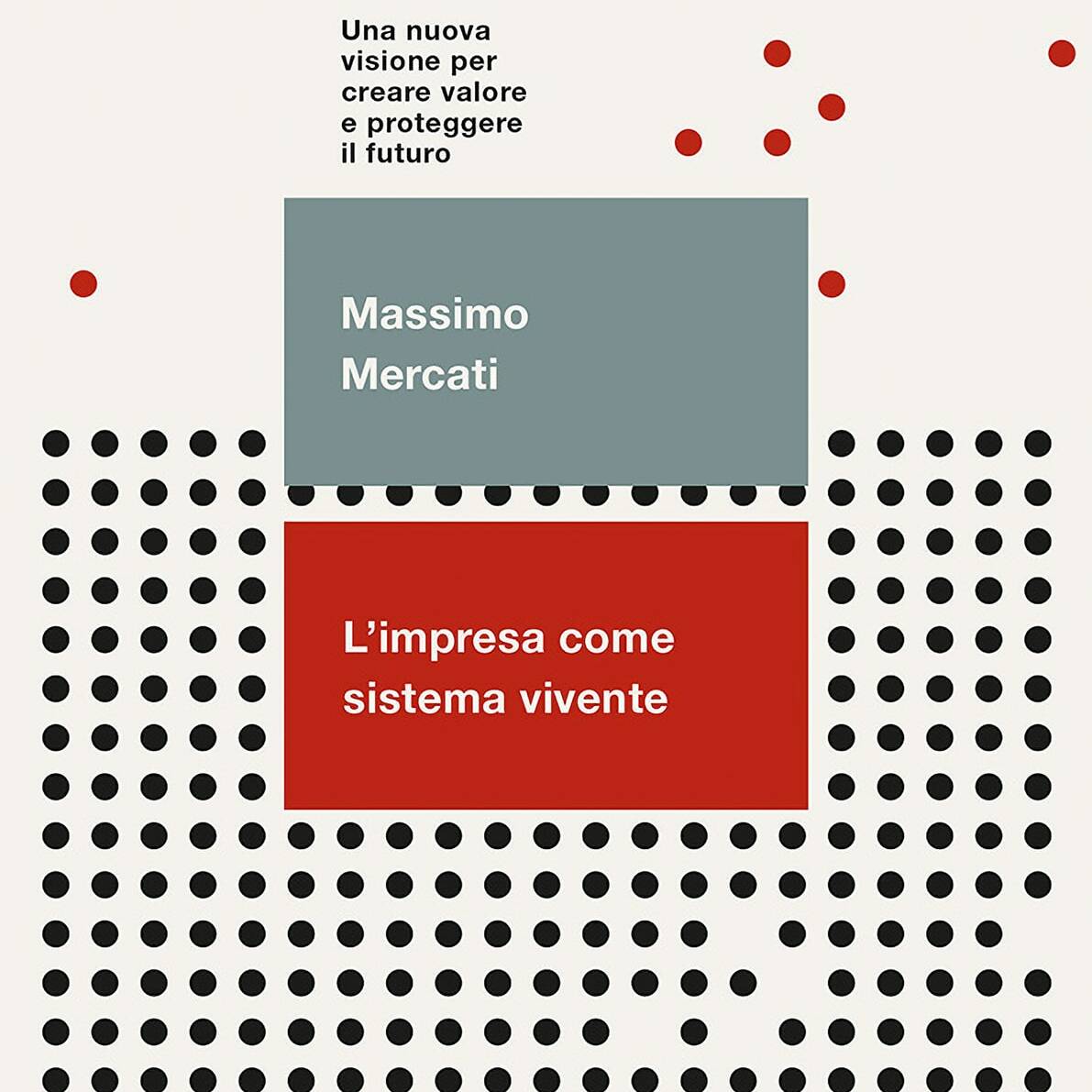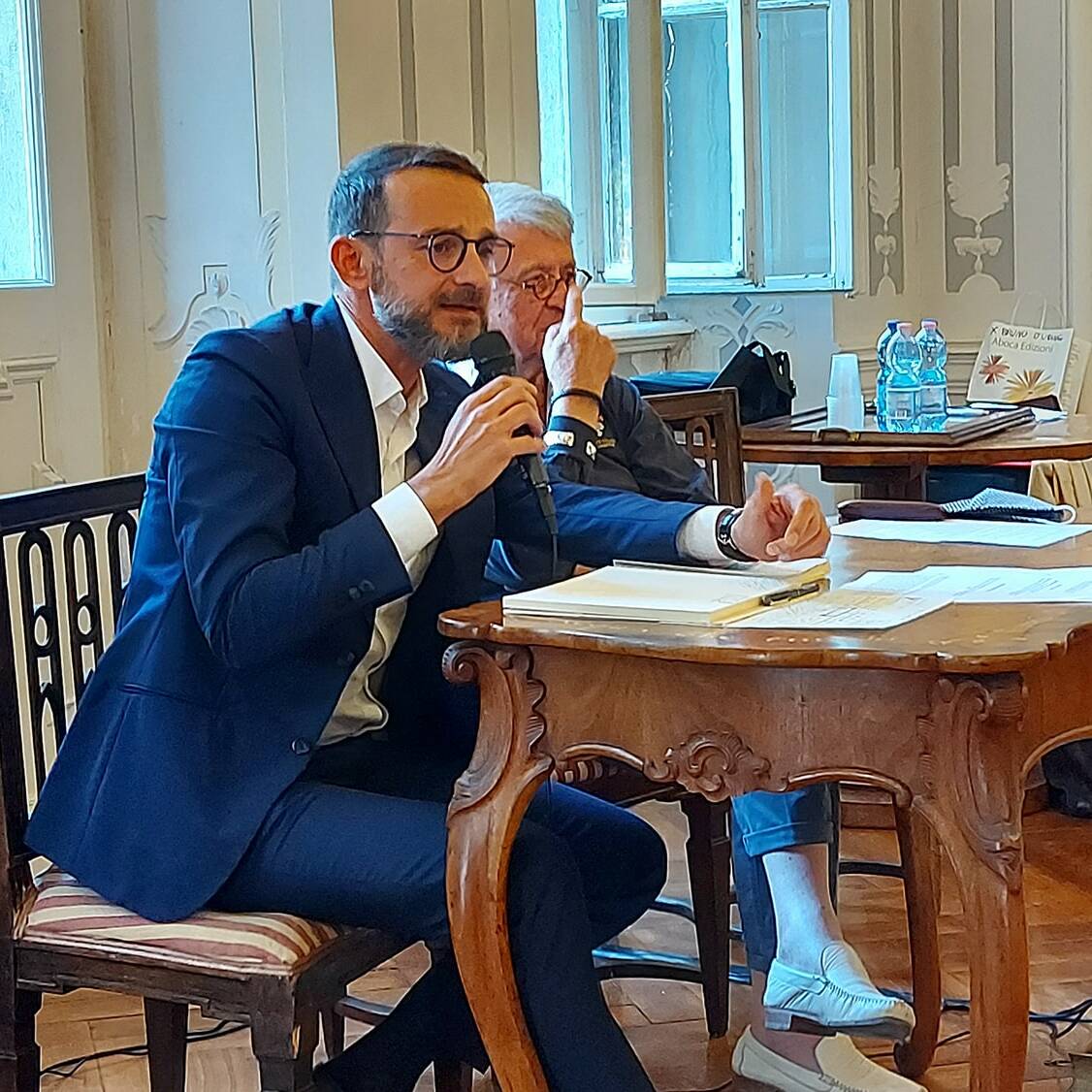On September 18, 2020, Villa Pace hosted the presentation of Massimo Mercati’s book The Enterprise as a Living System. The event, sponsored by A.D.S.I., Confagricoltura FVG and the University of Udine, provided an important opportunity to reflect on a new way of understanding business, not only as an economic entity, but as a system interconnected with the community, the environment and the social context.
Massimo Mercati, CEO of Aboca, outlined his vision of the enterprise as a “living system,” capable of creating value that goes beyond mere profit. His book proposes a radical paradigm shift: businesses should not just reduce their impact on the environment, but become regenerative agents, capable of delivering tangible social-environmental benefits. Aboca, a leading natural health company founded in 1978 by Mercati’s father Valentino, embodies this philosophy. With an approach that combines scientific innovation and respect for the environment, Aboca develops natural products based on Systems Medicine, using the complexity of nature to respond to human needs, in harmony with the human body and the surrounding environment.
In a dialogue with Bruno D’Udine, co-organizer of Aboca’s International Lectures on Nature and Human Ecology, Mercati highlighted how business must become an integral part of a network of relationships with the environment and society in order to fully perform its socio-economic function and contribute to the common good
.
The event was introduced by Teresa Perusini, owner of Azienda Agricola Perusini, along with Philip Thurn Valsassina, president of Confagricoltura FVG, and Giacomo di Thiene, national president of A.D.S.I. Angelo Vianello, Professor Emeritus of Plant Biochemistry, and Alberto Felice De Toni, Full Professor of Management Engineering and former chancellor of the University of Udine, also spoke at the presentation.
The event at Villa Pace provided an important opportunity for discussion, laying the groundwork for deep reflection on how companies can become protagonists of a more equitable and sustainable future, not only by improving their processes, but by taking responsibility for generating a positive impact for the entire community.



